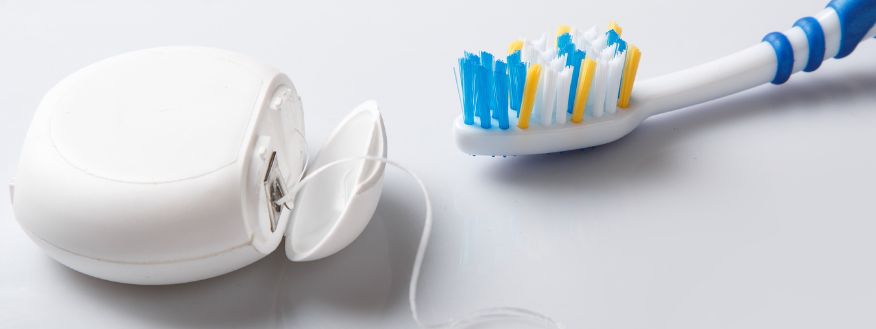
Halitosis, popularly known as bad breath, is the medical term used to describe the presence of an unpleasant odour in the oral cavity. It’s a very common problem (it’s estimated that around 30 per cent of the world’s population suffers from halitosis) and one that cuts across all social classes and age groups.
Although it is not a serious medical problem, halitosis can have serious psychological and social implications, sometimes leading to low self-esteem, isolation and depression.
What are the causes of halitosis?
The causes of halitosis are varied and its treatment always depends on identifying its origin. However, this diagnosis is not always easy, since the mouth communicates with the entire digestive and respiratory systems and indirectly through these with our entire body.
In general, the causes can be divided into different classes:
- Oral Causes – These are the most common, accounting for around ¾ of cases. Usually the main reason is poor oral hygiene with a large accumulation of plaque and food. Other oral diseases such as cavities, active periodontal disease, gingivitis, ulcers and canker sores can also be responsible for the unpleasant odour. Decreased saliva production, known as xerostomia, which is quite common in the elderly and heavily medicated population, can also be responsible for bad breath.
- Respiratory Causes – Any respiratory infection such as sinusitis, rhinitis or tonsillitis can lead to halitosis.
- Digestive Causes – These include infections of the digestive tract and digestive disorders such as gastro-oesophageal reflux.
- Additive Causes – Tobacco and alcohol consumption can be the main causes of halitosis.
- Systemic Causes – Although rarer, conditions such as diabetes, liver and kidney problems can be felt through a change in the odour of mouth breathing.
- Tumour Causes – Some tumours, mainly of the mouth, pharynx and larynx, can also be responsible for bad breath.
- Dietary causes – The consumption of certain easily fermentable foods such as bread and cereals, as well as garlic and onions are also responsible for the appearance of bad odour.

Halitosis treatment
As mentioned above, treatment depends entirely on the cause. But as most cases are linked to pathologies of the mouth, the dentist is the main health professional for diagnosis and treatment.
The first step towards treatment will always involve regular oral hygiene appointments (scaling, polishing, bicarbonate jet and, if necessary, curettage of the teeth and roots).
Instruction in hygiene maintenance (including tongue brushing), dietary advice and cessation of any addictive behaviours are also fundamental at this stage.
The remaining dental treatments include treating any caries that may be present, controlling active periodontal disease, extracting non-viable teeth (including wisdom teeth), replacing infiltrated restorations and dentures that have already been damaged.
Once the oral cause has been removed, halitosis should disappear. If it persists, it is important to consider one of the other causes presented as being responsible for the bad breath.
How to prevent halitosis
In the case of halitosis of oral origin, prevention involves maintaining satisfactory oral hygiene. For this to happen, it is essential to brush your teeth and tongue after meals and floss at least once a day.
You should have an oral hygiene appointment with your dentist or oral hygienist every 6 months. Coffee, alcohol and foods rich in added sugar should be avoided.
Drinking water is essential for proper hydration of the body and mucous membranes, production of saliva and cleansing of food debris.

Dr. Carlos Almeida
Dentist (Registered with the Ordem do Médicos Dentistas under Nº 5873)
| Exclusive practice in Implantology and Oral Rehabilitation
| Co-Founder of Instituto Dentário do Alto dos Moinhos
